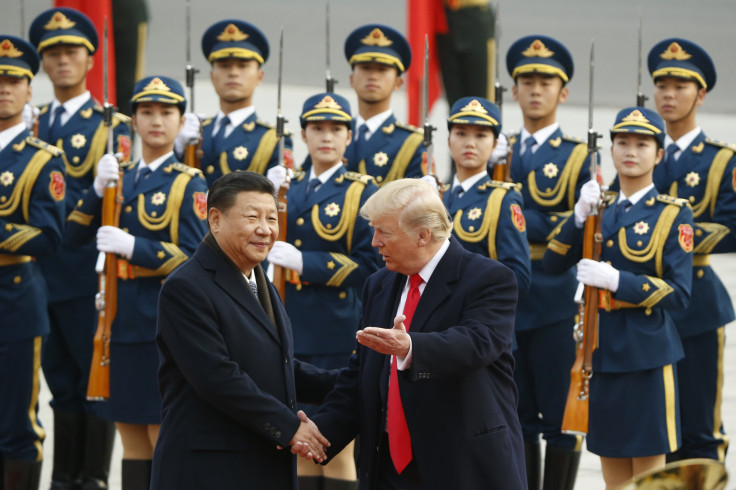US, China Trade War To End Soon, All US Tariffs May Be Lifted

The long drawn U.S-China trade war may soon come to a close as both sides are reportedly nearing a deal. According to a Bloomberg report, China is insisting on the U.S to withdraw levies on $200 billion of Chinese goods quickly to finalize the deal. As a result, the U.S may lift most or all tariffs it imposed on Chinese goods.
But the U.S will monitor how Beijing implements pledges including intellectual property rights protection and buying of a significant amount of American products.
The U.S. still wants to wield tariffs as a stick to keep China under pressure and ensure it does not backtrack on its commitments to the deal.
Washington wants to reciprocate lifting the duties only if Beijing adheres to all parts of the trade deal. The U.S also wanted the Chinese to avoid retaliatory tariffs and is against bringing the World Trade Organization into the disputed issues.
China’s Offer
China, on its part, offered lower tariffs on U.S. farm, chemical, auto and energy products. China is also willing to buy $18 billion worth natural gas from Houston-based Cheniere Energy Inc.
China is also open to a review of foreign-investment curbs on auto ventures and will reduce tariffs on imported vehicles below the current rate of 15 percent.
China purchased $130 billion in U.S. goods in 2017, according to U.S. figures. Chinese offers to ramp up purchases of American goods to $1.2 trillion in a period of six years, according to a source.
Core issues remain
Trump’s grouse against China’s discriminating foreign companies and China’s anti-monopoly law are not looking enforceable. China’s restrictions on data will also go untouched in the deal.
Since China’s offer of big purchases from the U.S is spread over a number of years it will give immense leverage during that period.
How Washington will reload its approach to Chinese technology companies including Huawei and other firms will also matter in the finale to the deal.
However, the final word on the deal will be that of Trump despite what the negotiators agree upon.
“There are still significant structural differences between the two countries on issues such as forced technology transfer, intellectual property right protection, and market access,” noted Tai Hui, JPMorgan Asset Management's chief market strategist for the Asia Pacific.
Although a report said deal signing date will be on March 27, no final date for a summit between President Donald Trump and President Xi Jinping has been agreed upon.
© Copyright IBTimes 2024. All rights reserved.




















